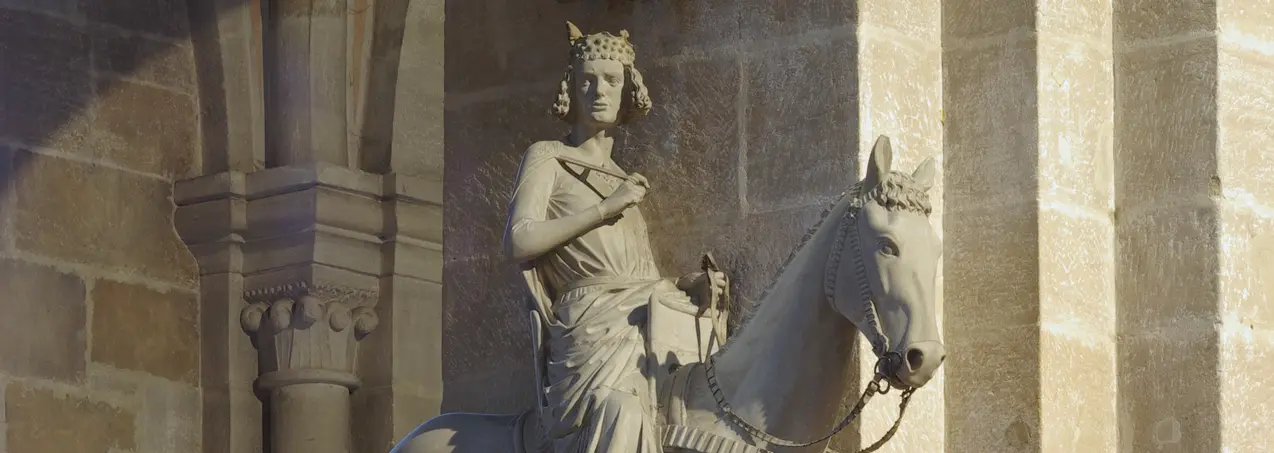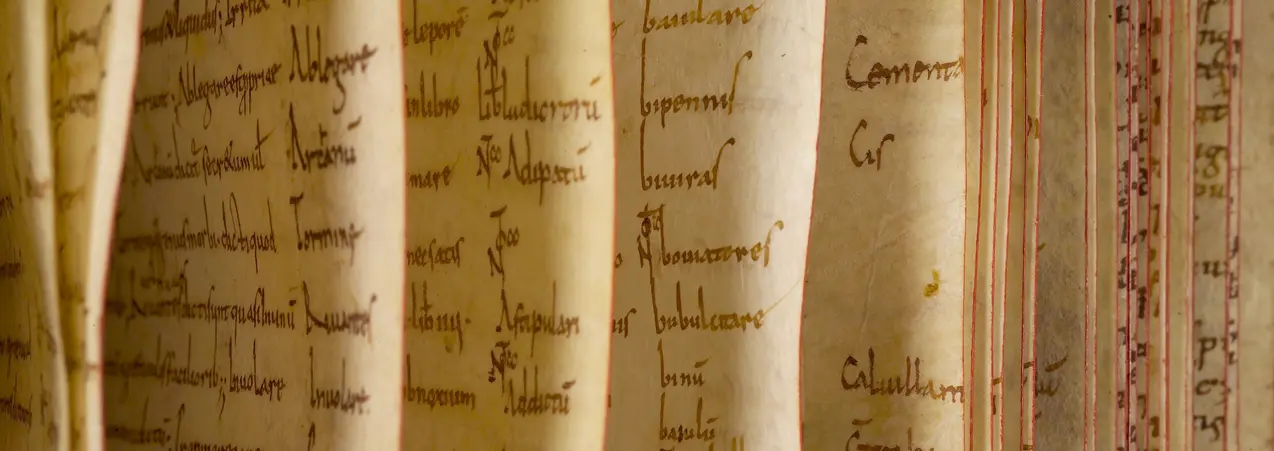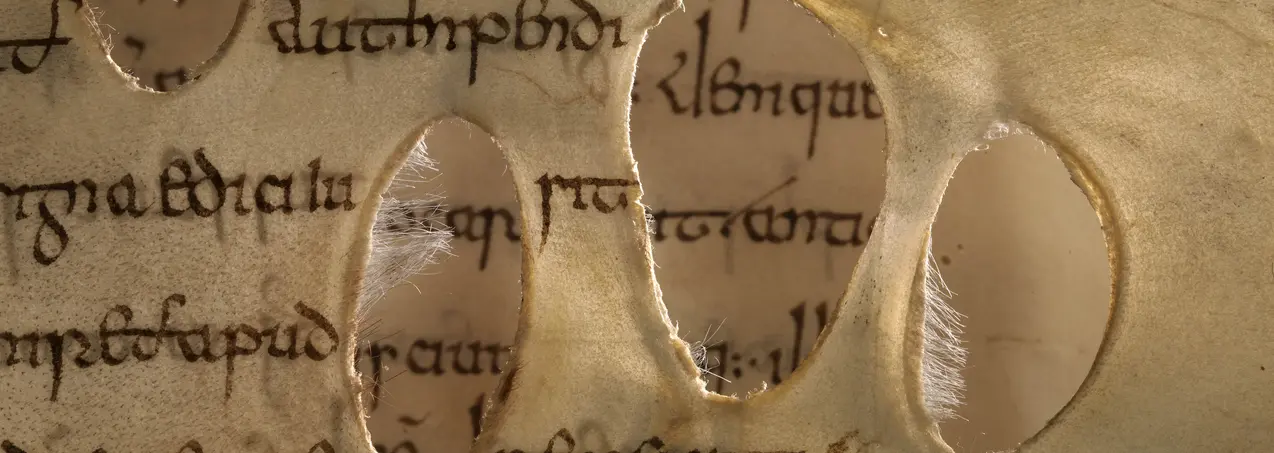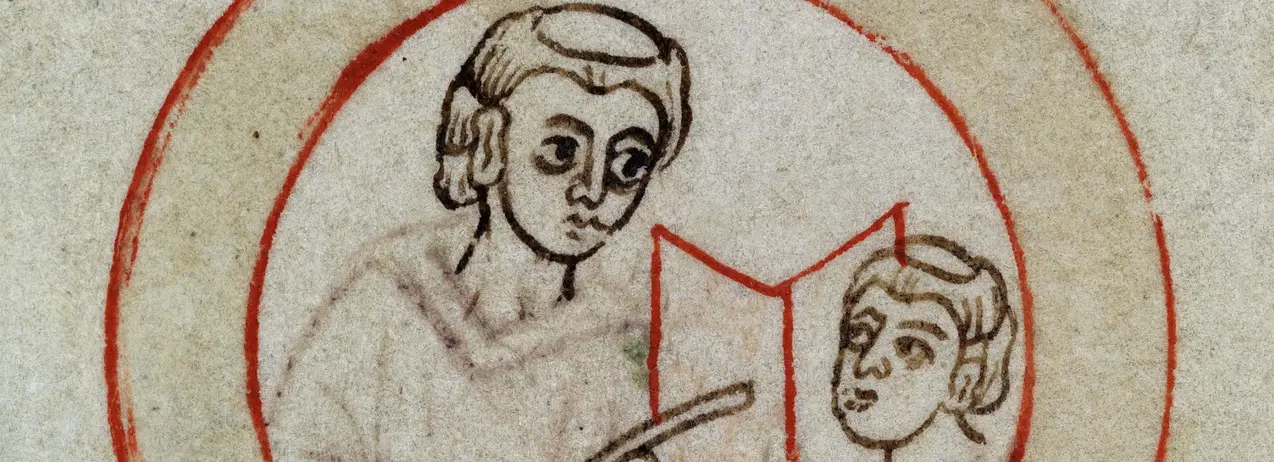NetMAR Summer School
“Teaching (in) the Middle Ages: Arts – Rituals – Education”
25-31 July 2022, University of Bamberg
The Network for Medieval Arts and Rituals, a project funded by the European Union’s Horizon 2020 research and innovation programme, invites PhD and Master students from all related disciplines to participate to its one-week-long summer school in the UNESCO world heritage city of Bamberg. Generous travel grants are on offer.
The NetMAR summer school is dedicated to medieval arts and rituals through the prism of education and will be led by world-renowned scholars working in the broad field of medieval studies. Students attending the summer school will interrogate the proliferation and function of rituals (religious, profane, occupational, gender-specific, and magical) in the context of education and knowledge transfer in the medieval period and beyond more broadly.
Be it for worship or for initiation rites or rites of passage, rituals have been fundamental in intergenerational knowledge transfer as well as in formal and informal education. In Western European medieval cultures, where religious rituals in general were not mainly aimed at the ‘need to maintain the functioning of the world’ (Assmann, Religion and Cultural Memory, 2006, p. 141) but amongst others at ‘establishing a common identity that ties the individual into the learning and remembering community of the people’ (ibid., p. 20), the transmission and acquisition of ritual knowledge was a central task for community members. At the same time, rituals capture and point to different ways in which knowledge was transformed, lost its original meaning, was reinterpreted and adopted in new contexts.
In thinking about these and many other overlaps between arts, rituals, and education, the NetMAR summer school pursues a decidedly interdisciplinary approach. Through lectures, workshops, and excursions participants will come into contact with a wealth of historical sources and delve into the fascinating ways in which ritualised knowledge transfer has been depicted in medieval arts and texts. At the same time, participants will benefit from a range of workshops that focus on scientific proposal writing. The language of instruction will be English.
Doctoral candidates and advanced Master students are warmly invited to apply for a place. Participation is free of charge. To apply, please send a short cover letter and concise CV to michaela.poelzl(at)uni-bamberg.de by no later than May 15, 2022 or use the online registration form.
Speakers include:
- Ingrid Bennewitz (Bamberg): An Education in Difference. Rituals and Practices of Gender Performativity in Medieval Didactic Literature
- Stavroula Constantinou (Cyprus): Women’s Teaching in Ritual Contexts: The Culture of Female Monasticism in Byzantium
- Marian Füssel (Göttingen): Making a Scholar: Rituals of Institution at the Medieval University
- Detlef Goller (Bamberg): The Stolen Lance – Teaching Local Medieval Heritage (workshop and exploration of medieval Bamberg)
- Detlef Goller (Bamberg): The Accolade as Rite de Passage in Middle High German Romance
- Sebastian Kempgen (Bamberg): Literacy in a Medieval Russian City - a Pragmatic Approach
- Lorenz Korn (Bamberg): Teaching and Worship in the Islamic Middle East, 11th-16th cent.
- Paula Manstetten (Bamberg): The Transmission of Hadith (Words and Actions of the Prophet Muhammad) between Education and Ritual, 11th-16th cent.
- Andreas Nievergelt (Zurich): Glosses in the Medieval Classroom (manuscript workshop at the Bamberg State Library)
- Aglae Pizzone (Odense): Props, Contests and Humor: Performing Teaching in the Middle Byzantine Classroom
- Dr Bill Rebiger (Halle): Instruction Texts for Magical Rituals in Medieval Judaism
- Christoph Wulf (Berlin): Natural and Cultural Heritage in the Anthropocene: Rituals, Gestures, and Mimetic Processes
- Susanna Zapke (Vienna): Vienna: The City of Music during the 14th and 15th Century: Rituals and Spaces
Find the final programme here(344.5 KB).





